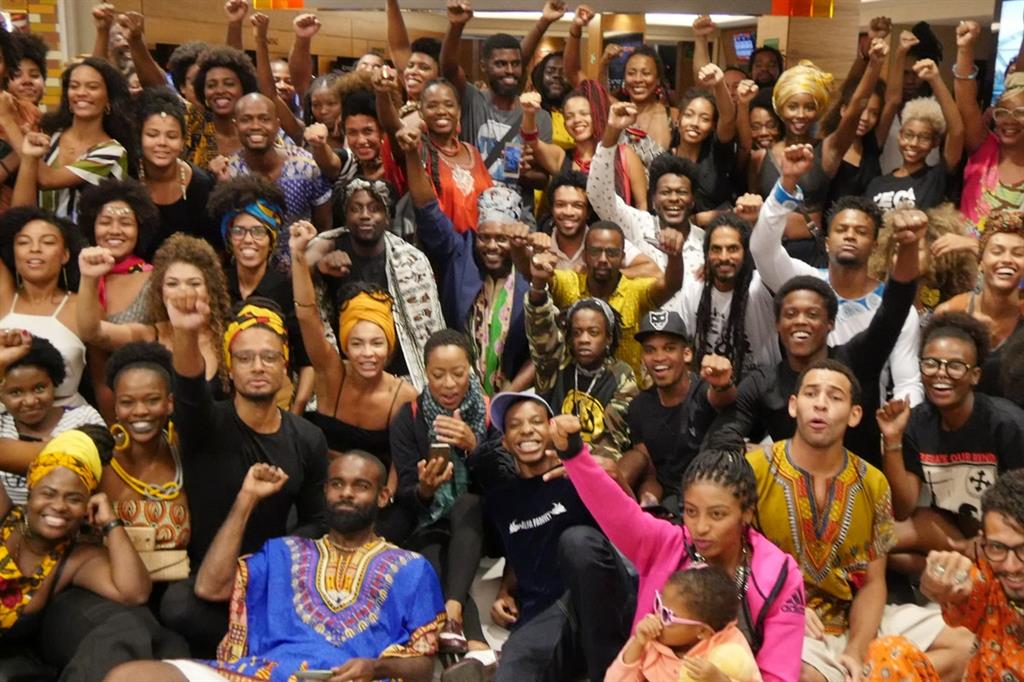|
|

Health Wise Healthcare shouldn’t depend on who you are or what you have.
As Thomas Jefferson once wrote; we hold these truths to be self evident, that all men are created equal, and that we are endowed by God with certain unalienable rights.
That list also should have included the right of every person to receive the best healthcare available.
Minorities and low income individuals often one in the same receives poorer quality of care and face more barriers to access care.
In low income neighborhoods patients with diabetes are ten times more likely to undergo limb amputation than those in affluent areas, the rate of hospitalization and treatment for whites is two to three % higher than Latinos and African Americans.
On average African American and Latino women undergo more radical breast cancer surgeries than white women, in fact according to the CDC the death rate among black women 45-64 is 60% higher than that of white women.
25% of African Americans have elevated blood pressure as opposed to 10% of white Americans. But African American patients are 10% less likely to be screened for high cholesterol which results in a higher risk of stroke and heart failure for people of color.
Multiple community groups have set up programs in small pockets across the country that are making positive impacts such as Better Healthcare of Cleveland, The Crossroads Healthcare center in Cincinnati, The Give God a hand program in Baltimore, the UHP of New York as well as numerous others.
However, we believe a more structured, concentrated effort on a nationwide level is needed in order to help elevate our quality of life.
Our objective is to improve the quality of healthcare in the community by increasing healthcare services and disseminating information to educate people of color on all areas concerning healthcare.
There are several methods we use to accomplish this; first we engage internal and external entities to support initiatives that address specific minority health needs.
This includes convening a panel of physicians, psychiatrists’ psychologist and other healthcare professionals to forums and other informal sessions to discuss the emotional, physical and mental health status of the community, family unit and individual.
Another method will be to implement mobile clinics to provide health consultations, full screening, shots and other basic services.
These mobile clinics will be helpful in bringing quality healthcare services to urban areas for people with limited mobility and or limited funds.
They’ll be able to digitally transmit images and results to a central hub in a particular region making it easier for your primary care provider to gain access to your results and provide you or your loved ones the best care possible.
We’ll partner up with various health professionals who will commit to frequenting establishments like beauty salons, churches, barber shops and recreational centers.
This is where we will address key factors like preventative healthcare, healthy cooking and eating options.
Alternative healthcare, dealing with stress, options for senior care which will allow for our elderly to age with dignity.
They’ll also cover topics on working with birth disorders and ways to destigmatize mental illness in our community, among other issues.
It’s always important to remember when attending health fairs or health workshops that information and screening provided do not replace the need to seek further follow up from a physician.
Good healthcare comes not just from receiving quality care but from stopping disease before it starts, to that end people of color regardless of income, should take personal responsibility for their own health and make sure the doctor understands the personal goal of staying healthy and the importance of preventing disease.
Prevention should be woven into all aspects of our decisions, don’t wait until it’s too late. Educate yourself and your family.
See you doctor for full annual checkups and do not ignore early warning signs or delay seeking care.
Healthcare is bigger than politics; everyone deserves the right to be healthy.
|